2018-2019 Residential Fellows
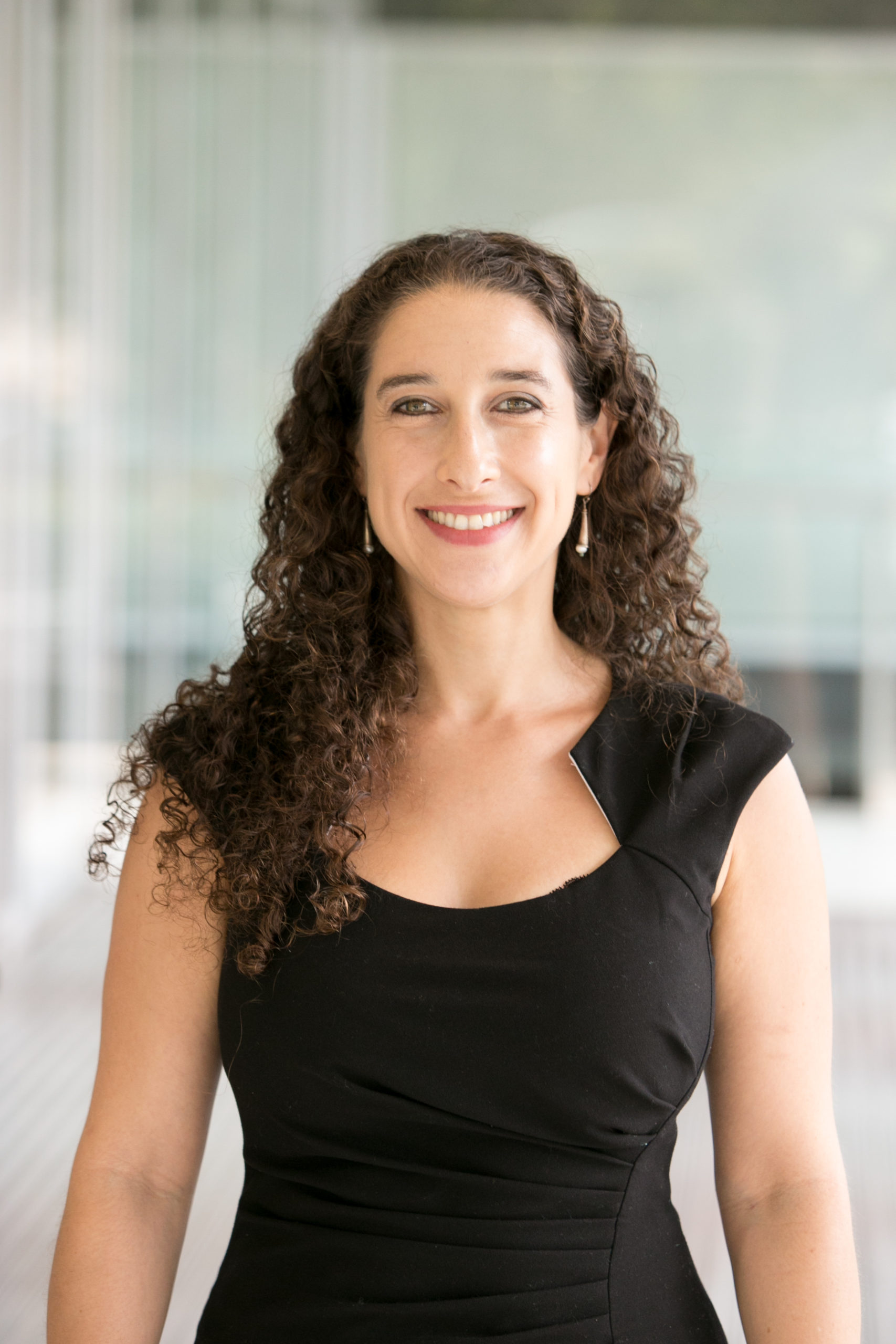
Zinaida Miller: Senior Fellow
Zinaida Miller: Senior Fellow
Zinaida Miller is Assistant Professor of International Law and Human Rights at the School of Diplomacy and International Relations, Seton Hall University. Her scholarship focuses on the conceptualization, management, and regulation of post-conflict and transitional territories and populations, particularly in the areas of human rights, humanitarian aid, and transitional justice. She examines the relationships among local and international legal regimes and experts in moments of conflict and post-conflict transition, focusing on continuities of inequality and structural violence.
Miller’s publications include articles on the exclusion of economic issues from transitional justice and the influence of international ideas about law, humanitarianism, and development on Palestinian governance, among others. Her co-edited collection, Anti-Impunity and the Human Rights Agenda (with Karen Engle and Dennis Davis, CUP 2016), explores the increasing emphasis on punishment and prosecution in the human rights movement, particularly in states emerging from conflict.
Miller teaches courses in public international law, international criminal law, and human rights. She is co-Chair of the American Society of International Law’s Transitional Justice and Rule of Law Interest Group. Prior to taking up her post at Seton Hall, she was a Post-Doctoral Fellow in Global Governance, funded by the Erin Jellel Collins Arsenault Trust, at McGill University’s Institute for the Study of International Development. She holds a J.D. from Harvard Law School and an M.A.L.D. and Ph.D. in International Relations from The Fletcher School at Tufts University.
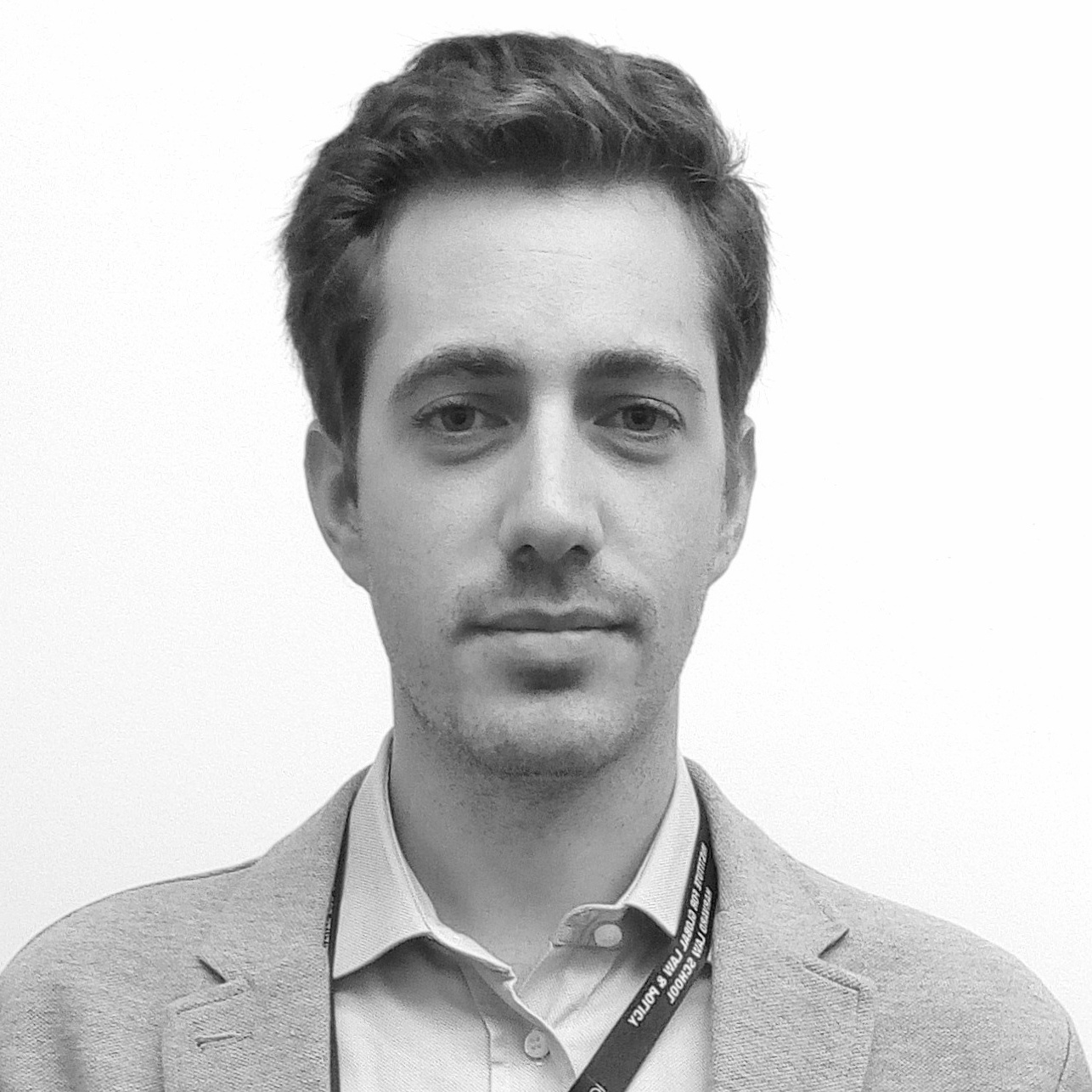
Luca Bonadiman
Luca Bonadiman
Luca Bonadiman has been a Residential Fellow at the Institute for Global Law and Policy of Harvard Law School since August 2017. Luca holds a BA and MA in Political Science and International Relations from the University of Padova (Italy), a European Master Degree in Human Rights and Democratisation from the European Inter-University Centre, and he was awarded his PhD in Law from City University of Hong Kong, School of Law. Before joining IGLP, Luca was a Visiting Research Fellow at the University of Helsinki (2012 and 2015-2016) and at the Amsterdam Center for International Law (2016-2017). He recently contributed to the edited volume Fundamental Concepts of International Law with a chapter on “Faith”.
His past research focused broadly on public international law and human rights, including the impact of intellectual property rights on human rights. His Doctoral Thesis inquired the recent human rights historiography from a critical, postmodern perspective. Developing from the findings of the dissertation, he has taken an interest in how power relations are conceptualized. Identifying taxes and taxation systems as main indicator of power asymmetries, the research aims at drawing past and present geographies of power to ultimately re-think the terms of global justice debates. More broadly, Luca’s research interests include the fields of international law, human rights, postcolonial studies, critical legal studies, legal and political philosophies, and history of ideas.
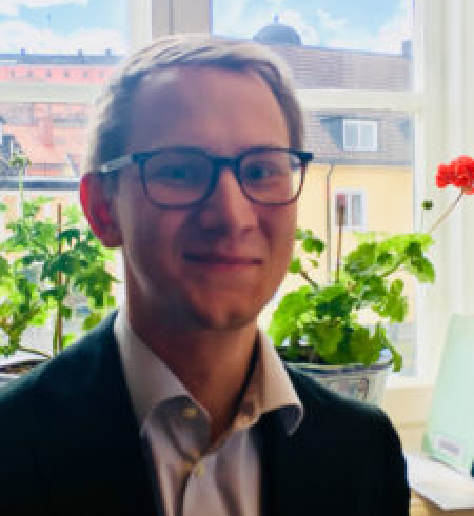
Love Rönnelid
Love Rönnelid
Love Rönnelid is an international lawyer with an interest in how international investment law affects economic development. As a resident fellow at the IGLP he will explore the way standards of treatment under investment law relates to previously successful development strategies. He is broadly interested in international economic law, legal history, philosophy of law, political economy and international relations. He holds a LL.M. and a LL.D. from the Uppsala University, where he has also taught extensively.
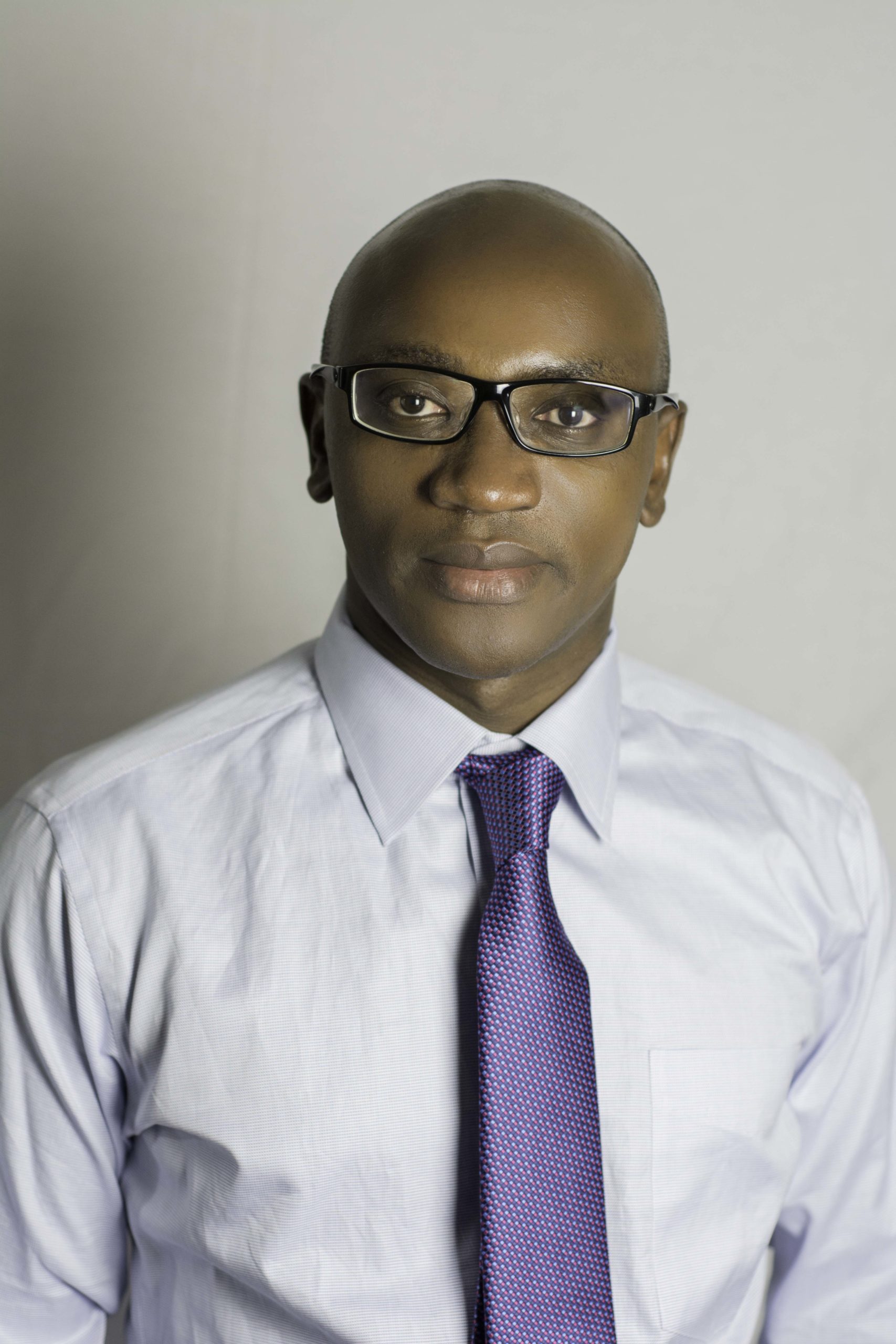
Erick Onyango Komolo
Erick Onyango Komolo
Dr. Komolo lectures in international economic law, trade law & policy, and environmental politics at Kenyatta University Law School and USIU-Africa University, Nairobi, Kenya. He completed his Ph.D. in Law & Development from The University of Hong Kong in 2016 examining potential influences of legal pluralism in disciplining Africa’s commons with a case study of Kenya’s marine fisheries sector. At IGLP, he will continue with this research stream by challenging dominant themes on Law & Development in Africa perennially built around regulatory influences of Bretton Woods Institutions by examining social justice questions that have exacerbated poverty and inequality in the continent. In this regard, his research seeks to empirically interrogate how factors such as skewed deployment of municipal laws and ethnicisation of governance in Africa have influenced increased poverty and inequality patterns in Africa, and the place of law in reversing this trend.
He has previously held visiting fellowships at the World Trade Organisation (WTO), Geneva, Switzerland, where he studied the dynamics of fisheries subsidies negotiations under the Doha Development Agenda. Since 2010, he has served as a Judge of Stetson Environmental Law Moots for Eastern European Rounds.
He is an active member of the Kenyan Bar and has argued several strategic public interest cases around minority rights and constitutional law. He has also consulted for governments, the private sector and intergovernmental organisations in environmental law, rule of law and trade policy in Africa and South America. He continues to write on these topics for the media in Kenya and East Africa generally, and serves as a contributing editor for Rosa Luxemburg Stiftung East Africa regional newsletter. He’s also a regular panellist on rule of law, trade and governance topics for TV and radio stations in East Africa.
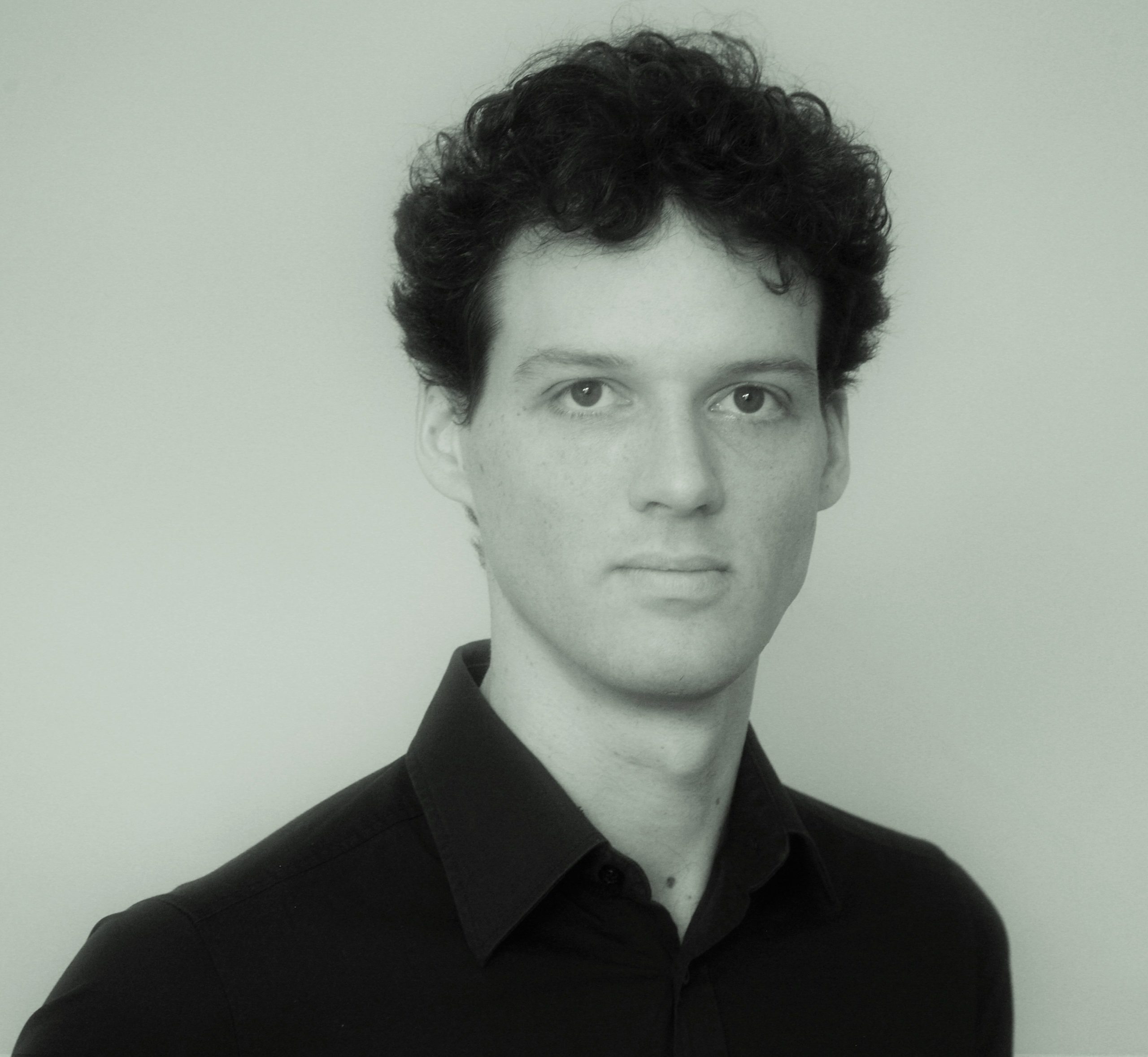
Michael Picard
Michael Picard
Michael Hennessy Picard holds a PhD in Law from the University of Quebec in Montreal, for which he was awarded the Best Thesis Prize by the Quebec Society of Law Professors. Before joining the IGLP at Harvard Law School, Michael was a postdoctoral fellow at the McGill Law Faculty under the supervision of Pr. Frédéric Mégret. Michael’s publications include “Iraqnophobia: A Biomedical History of State-Rearing and Shock Doctrine in Iraq” and “La piraterie atlantique au fondement de la construction des souverainetés coloniales européennes”.
His lectures in International Economic Law, taught at both the undergraduate and graduate levels, focus the students’ attention on the dialectics between formal and informal markets in the context of globalization. From a legal perspective, major sectors of the global economy, such as the sex, drugs and arms trades, are run by a dual regime of (in)formal markets. Nowhere in the world is this dual normativity clearer than in East Asia. At Harvard, Michael is now turning his attention to the study of the Sino-Japanese waste economy. He wishes to understand how China’s recent waste import ban will affect Global Waste Law in general, and the (in)formal waste-mining business between Japan and China in particular.